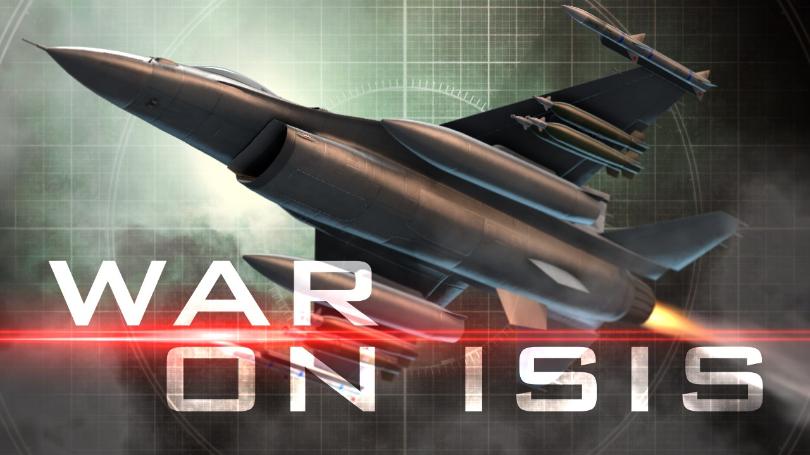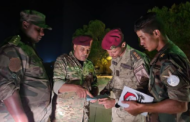In the five years of battling ISIS, the Global Coalition succeeded in dealing the terror group heavy and debilitating blows leading to the obliteration of its so-called Caliphate and the destruction of the group’s aspirations to expand. Today, the Global Coalition renews its commitment to the fight against ISIS.
Accomplishments achieved by the coalition include the liberation of Iraq and northeast Syria from ISIS, freeing approximately 7.7 million people from the hegemony of ISIS, raising over $20 billion in humanitarian assistance, and training and equipping more than 220,000 security personnel. The most awaited achievement and the most recent success lie in the eradication of the group’s leader, Abu Bakr al-Baghdadi.
All these successes have come at a tremendous human and financial cost and an unimaginable sacrifice, and today these achievements and the defeat of ISIS are threatened. To this end, the Ministers of Foreign Affairs of the Global Coalition to Defeat ISIS met on November 14 to affirm and renew their common willingness, their continued resolve, and their commitment to pursue the joint effort against ISIS. Following the assessment of ISIS’s defeat in Syria and Iraq, the Global Coalition has decided to shift its focus to West Africa and the Sahel.
Between September 20 and September 30, U.S. air assets conducted four airstrikes killing 43 ISIS fighters with about 100 still remaining. A senior U.S. defense official spoke to reporters in October and announced, “We assess that was a pretty significant degradation of their capabilities and, again, they struggle to reconstitute because of the nature of the operatives who were killed in this strike and the fact that they have already been struggling with manpower”.
Meanwhile, Libyans in the country’s south and west have expressed fears that ISIS militants would make a major comeback after scores of fighters were seen in several areas. The local fears have been coupled by warnings from officials from abroad like Russian Foreign Minister Sergei Lavrov, who has stated that Libya could turn into the main bastion for terrorists in North Africa. For its part, Morocco’s Interior Ministry described the return of terrorist militants from hotbeds of tension in Syria, Iraq and Libya as “worrying” for the country and one of the most important challenges facing the concerned countries. It said the Kingdom has accumulated a significant experience in the fight against extremism and terrorism, thanks to approaching a proactive and precautionary security policy in the fight against the terrorist threat.


























